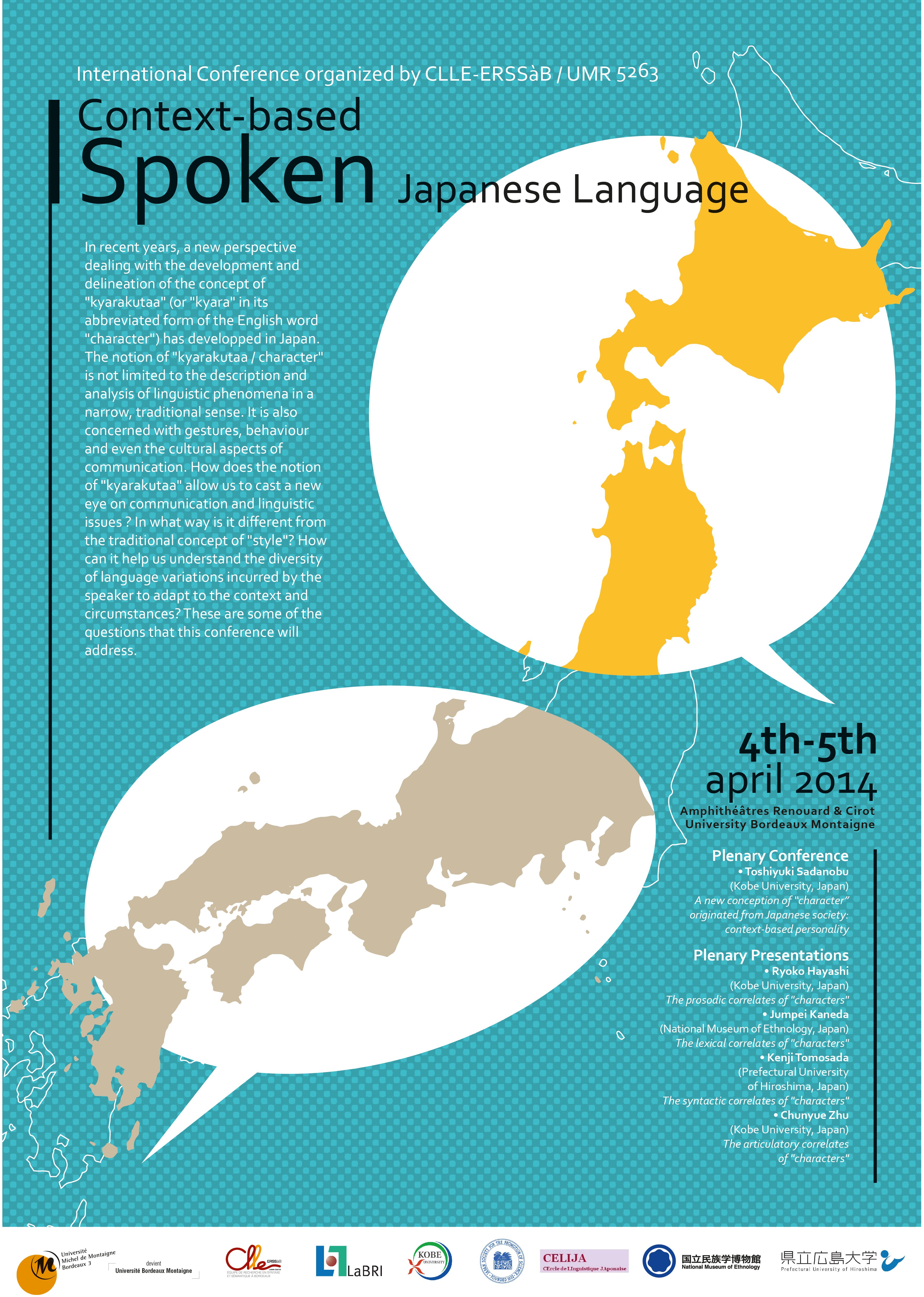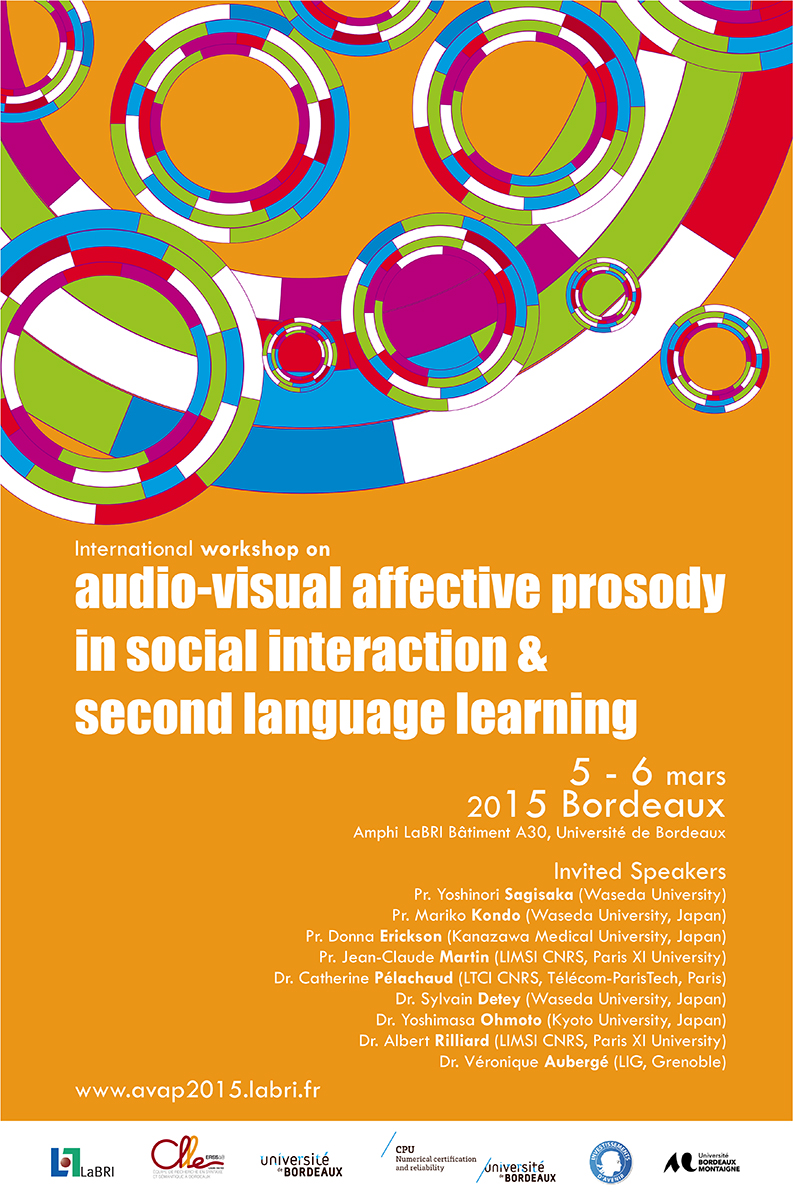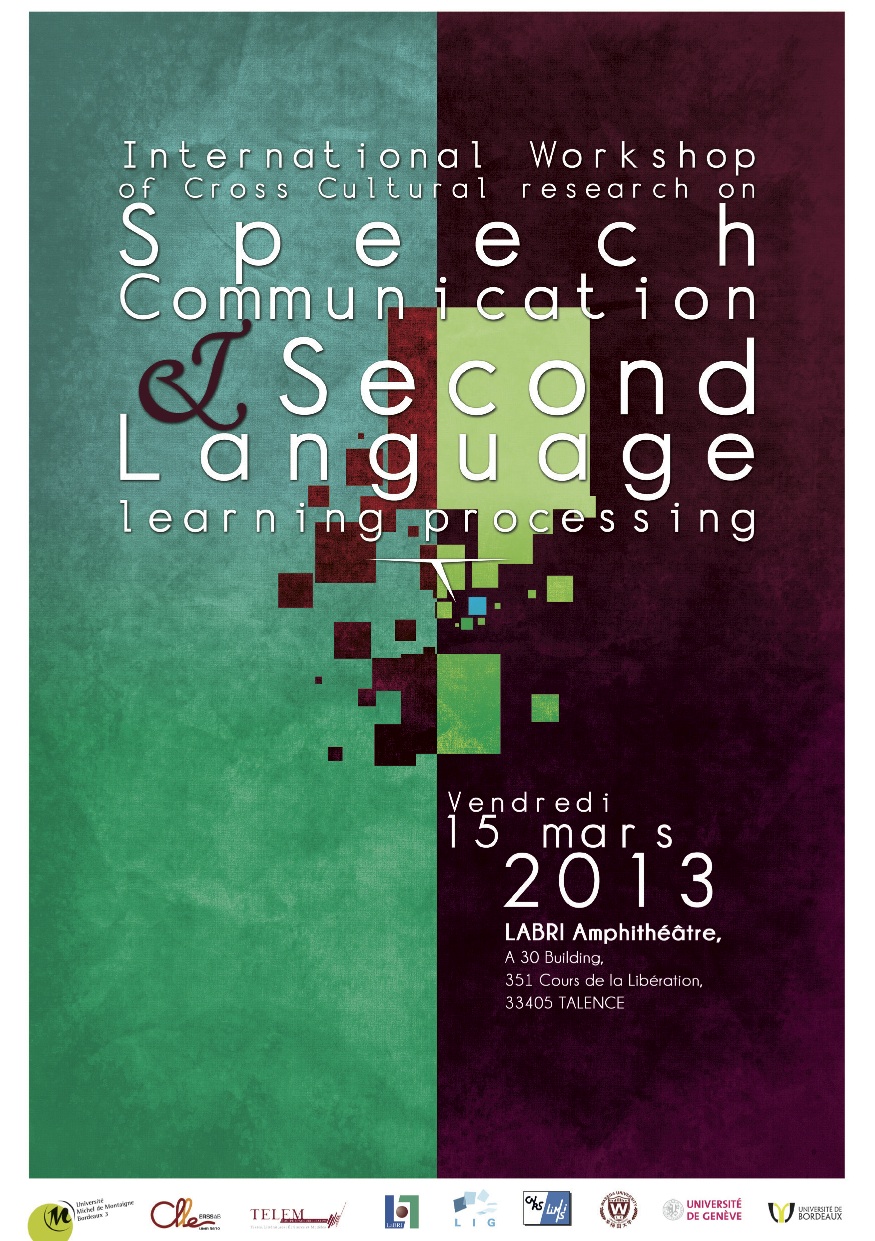April 4th and 5th 2014
It is well known that a speaker adapts his speech according to the context and circumstances. However, linguists have few concepts, other than talking about "style", for conducting analyses of how subjects adapt their form of discourse to speech communication goals; it is clear that a traditional approach cannot cover the multiplicity and plurality of the phenomena involved.
In recent years, a new perspective has been opened in Japan with regard to this: the development and delineation of an original research field around the concept of "kyarakutaa" (or "kyara" in its abbreviated form of English terminology "character"). The term "kyarakutaa / character / character" is not limited to linguistic phenomena in a narrow, traditional sense; it affects phonetic dimensions, gestures, behaviour and even the cultural whole.
How does the notion of "kyarakutaa / character / personage" allow us to see the issues of communication in a new light? How does this notion explain in a more operational way than the way given by the notion of "style" to understand the diversity of language variations incurred by the speaker to adapt to context and circumstances?
The international conference to be held in Bordeaux April 4th and 5th, 2014 will discuss these issues, centering around the work by Professor Toshiyuki Sadanobu, Kobe University, Japan. Professor Sadanobu is a pioneer and leading expert in the research field of discourse in context and specifically, "kyarakutaa (character)". He will be accompanied by several members of his research team who will also present their ongoing research.
The meetings in Bordeaux are expected to provide the occasion to meet researchers involved in the fields of linguistics and Japanese culture, both inside and outside of Japan. We are looking forward to receiving proposals to present about "Context-based spoken Japanese language" in all its aspects: lexical, syntactic, phonetic, socio-linguistic, stylistic as well as other aspects in Japanese linguistics or in Japanese teaching methods.

More information







